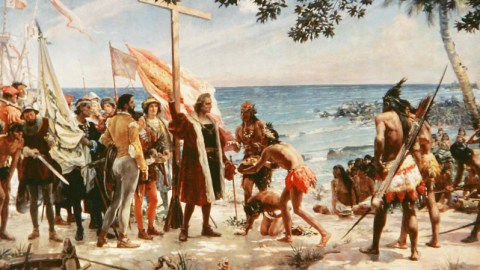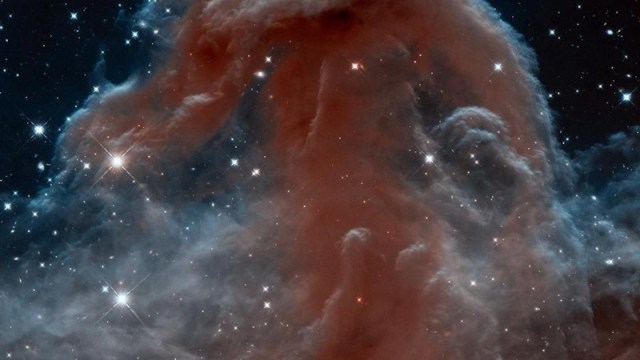Columbus Day Should Be Abolished

Worshipping great men has been a dominant way of looking at history. As if it’s all a succession of events driven by male overachievers, those who excel at politics, waging war, exploring or thinking. These figures are canonized and their deeds studied. You can also find their sculptures all over your city or days named after them, in case you forgot how great they were. Like Columbus Day, a day that should be either renamed or no longer classified as a federal holiday.
The trouble with idolizing any human, even if one with remarkable achievements, is that they hardly ever live up to the myths about them. Especially as we try to unravel the narratives told about them and get to see the real people and their real impacts. And in the case of Christopher Columbus, a day bearing his name celebrates not only him, but a legacy of brutal colonialism and a near-extermination of an entire group of people that inhabited the Americas well before the Europeans. By honoring the fact that Columbus, and through him our whole civilization, “discovered” a land where an estimated 54 million people already lived and had societies, relegates these people to non-existence. This is basically saying – if we just don’t talk about them, they weren’t there.
Columbus Day was established in 1937 to honor his “discovery” of the Americas in 1492, although Columbus’s voyage was celebrated even in colonial times. It’s essentially a celebration of former Europeans finding their new homeland in the Americas. It’s also become an unofficial Italian-American Day, a heritage celebration for descendants from Italy.
But there are risks to tie the heritage of an entire people to one man. In the case of Columbus, there is much scholarship and evidence that questions not only his accomplishments, but also the ultimate repercussions of his zeal to discover the New World. Documents from Columbus’s time portray him rather unflatteringly, as an overly ambitious man who stooped to slavery and violence against the native populations to advance his goals.
Journalist Norman Solomon found this entry in Columbus’s logbook:
“They do not bear arms, and do not know them, for I showed them a sword, they took it by the edge and cut themselves out of ignorance…. They would make fine servants…. With 50 men we could subjugate them all and make them do whatever we want”.
History of the Indies, an important contemporary document of the times written by the Catholic priest and historian Bartolomé de las Casas offers a depiction of the region that was governed by Columbus.
Las Casas speaks of Spaniards driven by “insatiable greed” who practiced “killing, terrorizing, afflicting, and torturing the native peoples” with “the strangest and most varied new methods of cruelty”. The Spaniards “thought nothing of knifing Indians by tens and twenties and of cutting slices off them to test the sharpness of their blades. My eyes have seen these acts so foreign to human nature, and now I tremble as I write”.
While it was not all the direct doing of Columbus and the subsequent Spanish conquistadors, the fact is that 95% of the 54 million native people are believed to have been wiped out because of European arrival, which brought war and epidemic diseases. To still celebrate this man and the legacy of his arrival on the continent is shocking disrespect to both today’s Native American people and their ancestors.
There is a growing movement to celebrate Indigenous Peoples’ Day instead of Columbus Day. Cities like Phoenix, Seattle, Santa Fe and the states of Alaska and South Dakota have made the change. It is time the whole nation owned up to its past, acknowledged and respected today’s Native American people, and stopped honoring a myth.





